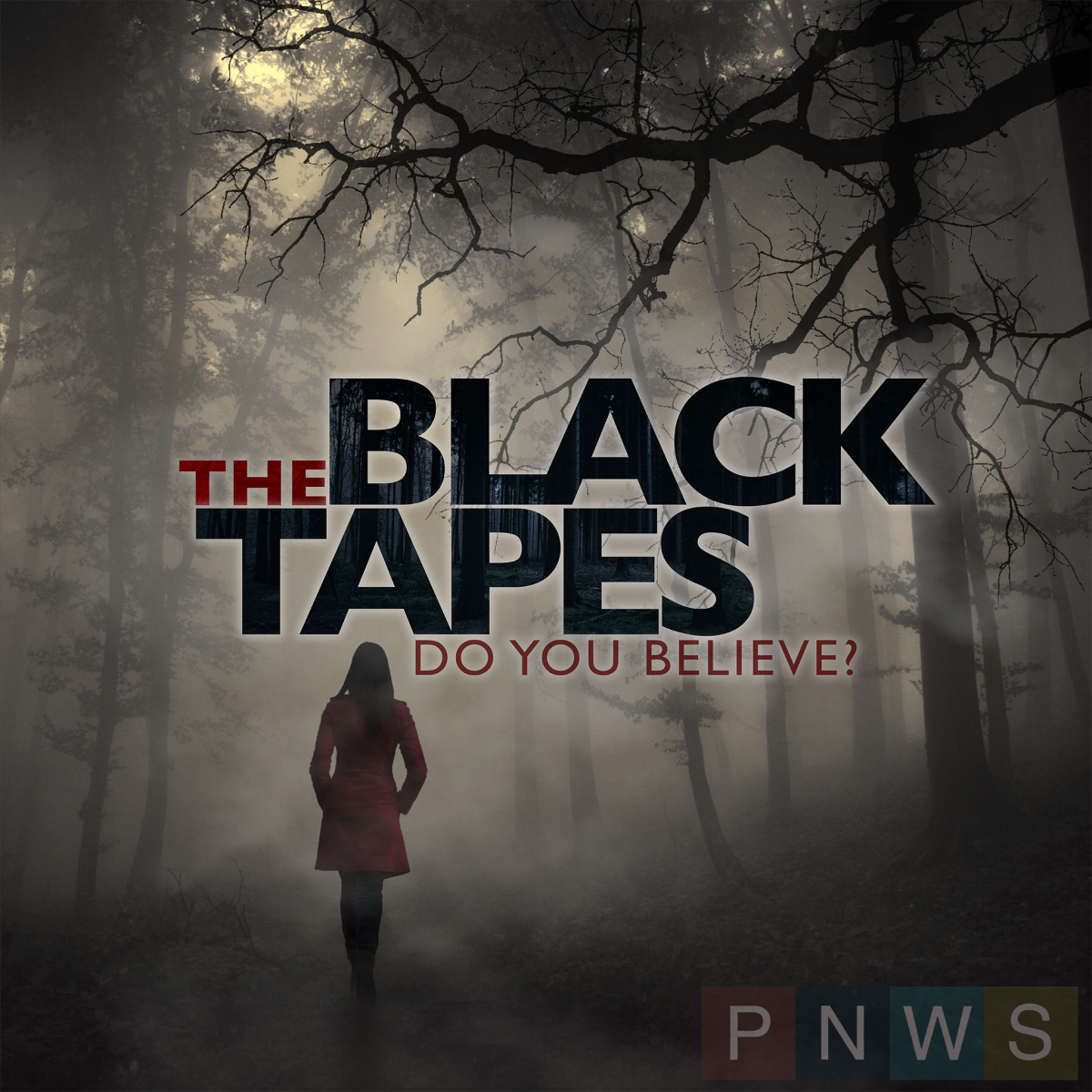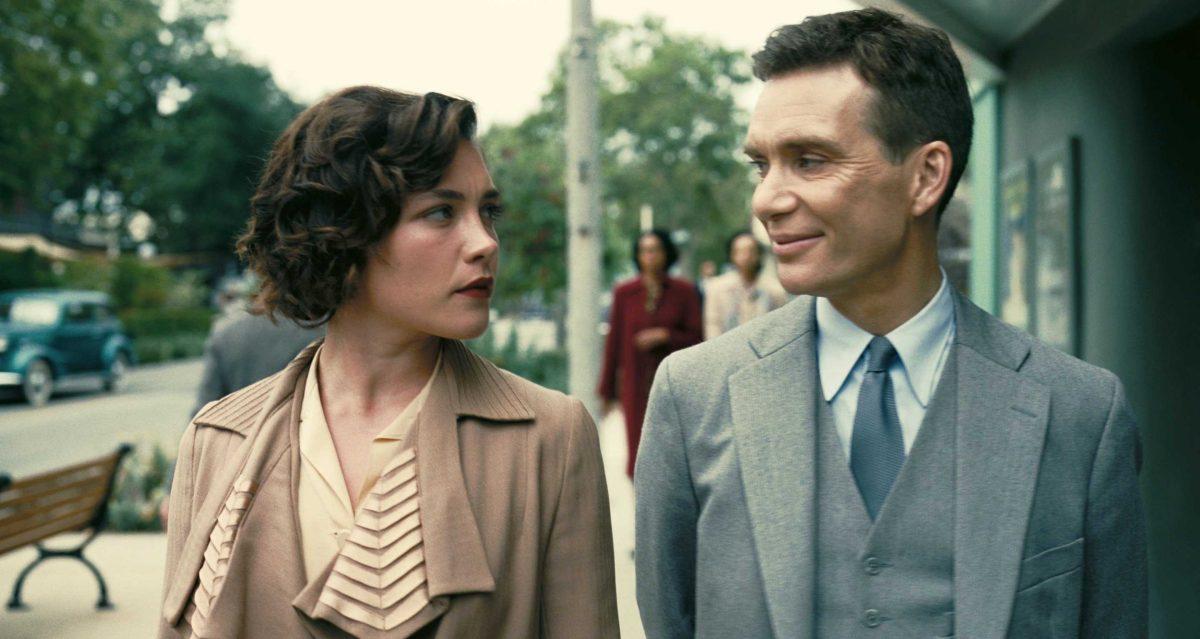“The Black Tapes” podcast attempts to convince its listeners that fiction is reality, but ultimately fails in execution.
Debuting in May of 2015, “The Black Tapes,” is a fictional docu-drama created by Paul Bae and Terry Miles that airs in a non-fictional style similar to NPR’s “Serial.”
“The Black Tapes,” a spin-off series of the fictional radio program “Pacific Northwest Stories,” follows the series host Alex Reagan, voiced by Lori Henry, as she investigates the mysterious world of the paranormal.
Originally, Reagan notes the premise of the spin-off was to examine interesting lives and occupations. Through her first investigation, Reagan finds herself in the presence of Dr. Richard Strand, voiced by Christian Sloan.
Strand, a paranormal investigator himself, prides himself in debunking and negating any relevance to the paranormal. When talking in his office, Reagan finds black tapes among an ample collection of white tapes — the cases Strand has yet to debunk.
Reagan takes this as an opportunity to shift the focus of her series to investigating the black tapes. The latest episode, aired Sept. 12, is a continuation of Reagan and Strand’s investigations.
“The Black Tapes,” maintains a sense of suspense and fear in its listeners, and has even developed somewhat of a cult following since its inception.
While “The Black Tapes,” is in iTunes Podcasts Top 100, low ratings and my personal views beg to differ. The first episode feels convincing enough that I even had to search multiple times to confirm or deny its authenticity; however, as the show progresses the series’ staged reality begins to show through.
The delivery in style and speech is reminiscent of other investigative journalism series automatically leading the listener to want to believe the storyline. It tries to achieve this by creating a perpetual and seemingly authentic voice of the narrator and other characters, complete with awkward mess ups and pauses in conversation.
The downfall is found in these awkward pauses, which come across as especially scripted. The character’s descriptions and speech patterns are not natural, and the acting makes for a painfully obvious show — it becomes nearly impossible to listen. While the plot line is there, “The Black Tapes” lacks in execution.










